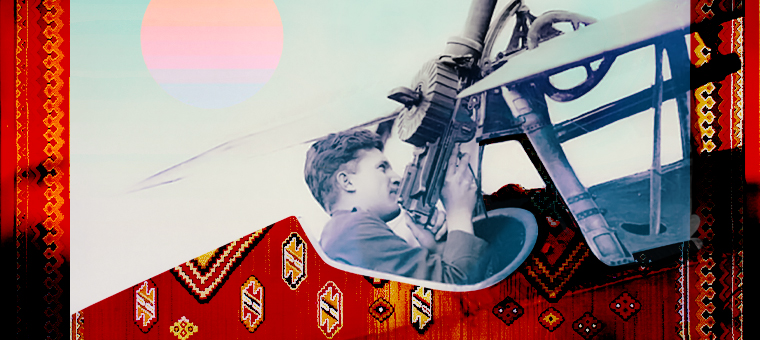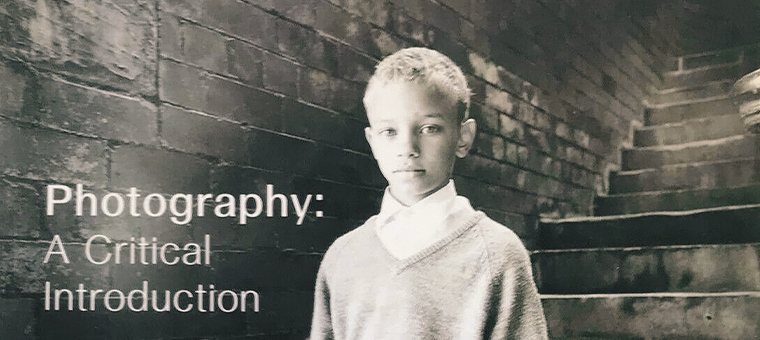Sepehr Nasihatgar | The brightest chapter of Iranian music unfolded with Parviz Meshkatian, a virtuoso whose tireless dedication enriched Iranian music, immortalizing his name and work in the hearts of countless admirers.
Meshkatian needs no introduction! Though his genius wasn’t fully appreciated during his lifetime, we aren’t so ungrateful as to forget the creator of masterpieces like “Bidad” and “Dastan.”
Who could have imagined that the birth of a child at dawn on May 14, 1955, in Neyshabur, would herald a profound transformation in Iranian music—a dawn illuminated by love, roaring with passion, crafting melodies that touched the soul profoundly?
Writing about Parviz Meshkatian is paradoxically both simple and complex. Simple, because his music flows naturally through the veins of the society he lived in, seemingly understood by all; yet complex, because uncovering the deeper layers of his artistry and personal intricacies remains incredibly challenging.
This year, Parviz turned 66, yet it’s doubtful anyone has fully grasped the profound depth of his art or personality. Still, few musicians or enthusiasts fail to recognize Meshkatian’s works among Iran’s finest, labeling him with humility as a unique instrumentalist or the greatest contemporary composer and songwriter.
Meshkatian experienced a transcendent mood, a particular spiritual and emotional state during his performances or compositions—a compelling individuality impossible to overlook. He performed and composed primarily for himself, not seeking public acclaim but driven by technical mastery and emotional depth.
Perhaps what truly distinguished Meshkatian from his peers was his wounded, romantic soul, steering him like a ship tossed by relentless waves, eventually calming into serene melodies that healed the aching hearts of listeners. Undoubtedly, his perspectives and insights significantly impacted the evolution and advancement of Iranian music.
Meshkatian believed artistic creativity and musical growth flourished best under tranquil social and political conditions, devoid of unnecessary tension. Since governmental relations with music, especially towards the end of his life, were strained, his focus shifted solely to the people and their concerns. His lifelong connection with the public reflected deep empathy and profound patriotism.
Meshkatian was truly a composer in every sense, a musician whose collaboration was considered prestigious. Beyond merely creating remarkable pieces, he undertook projects of even greater cultural significance, which possibly explains his tremendous success alongside Mohammad-Reza Shajarian, yielding timeless works such as “Bidad,” “Dastan,” and “Atash Dar Neyestan.”
Yet his collaborations weren’t confined to Shajarian alone; Meshkatian passionately continued his musical journey with Iraj Bastami and concluded his career with “Mara Ashegh,” performed alongside Shahram Nazeri.
Still, we cannot overlook his instrumental solos, notably “Twenty Pieces for Santuor” and “Poem Without Words,” filled with technical prowess, musical creativity, and profound insight.
An expert in poetry and deeply sensitive to vocal subtleties, Meshkatian masterfully combined lyrics and music, effortlessly guiding vocalists to extraordinary performances through thoughtful compositions.
According to close associates and students, even Meshkatian’s lyrical works and songs hold full expressive power when performed instrumentally.
Meshkatian enjoyed both his music and audience, successfully transmitting joy, especially to general listeners. His works were complex yet deeply touching, effortlessly bridging gaps between himself and his audience.
For Meshkatian, life derived meaning entirely through creation. Masterpieces like “Bidad,” “Dastan,” and “Khazan,” each sufficient alone to define a distinguished artistic career, represented his life’s purpose.
Though this is not the place for an extensive analysis of his creations, Meshkatian’s expressive outcry through his santur forever resonates in listeners’ hearts and souls. Alas, such heartfelt expressions are now silent. He transcended logic and caution, becoming a humble servant to spontaneous creativity, turning moments of performance into the finest chapters of Iranian music.
Certainly, no one has yet matched Meshkatian’s depth of thought or technical mastery. Even 66 years after this musical turning point, his compositions remain fresh and vibrant, echoing freedom like the gentle whispers of spring. Parviz Meshkatian, at the threshold of autumn yet thriving in his prime, embraced eternal silence, his vibrant spring eventually touched by autumn’s subtle hues.






